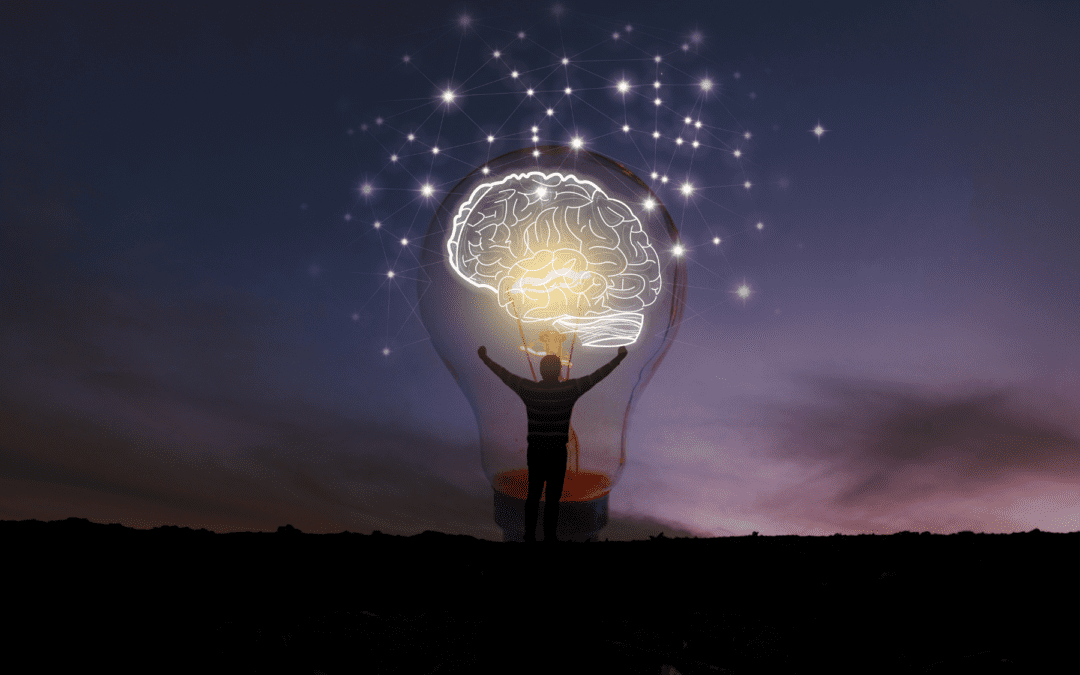Author: Jasper James
“No great mind has ever existed without a touch of madness” – Aristotle
It has long been said that those with bipolar disorder are more creative than average. Famous bipolar individuals of the past include Ernest Hemingway, Frank Sinatra, and Winston Churchill.[1] It makes sense considering that when people became manic, they had more energy to use, and more ideas racing through their minds, leading to creativity. Jimi Hendrix, arguably one of the greatest rock and roll guitarists of all time, was said to be a genius in his own right. He wrote the song “Manic-Depression.”
Today we see openly bipolar people who are dynamic, famous for their talent, and creative geniuses such as Mariah Carey, Demi Lovato, Russell Brand, Sia, Kanye West, Catherine-Zeta-Jones and Sting. [2]
When I was first diagnosed as bipolar 1, it gave me comfort to reflect on the above people whom I love and looked up to, and who have also dealt with bipolar disorder. I wrote all of their names down on a piece of paper and pinned it to my wall to remind me that my creativity would come back as it was sedated from the darkness of my diagnosis. I needed those great geniuses on that paper to look at everyday to remind me that I could be like them and could reach their caliber of talent and platform, with which to advocate for mental health. I wanted fame, glory, power, success, and their talent; something I felt I had when I was manic.
Personally, when I feel hypomanic or in a good mood, I feel like songwriting or simply enjoy playing song-covers in a quiet voice, so my neighbors don’t hear me in my small apartment complex. To sing louder, I often go into the bathroom where the acoustics are better. When I’m manic, I feel like a rock star and sing to my heart’s content while I alternate between banging on my keyboard and strumming my ukulele. I then feel that I can sing at a decibel and prowess as any of the musicians I look up to. When I’m manic, I believe I’m a gifted musician with an outstanding voice, and I don’t mind the neighbors hearing. When I’m down or depressed, I don’t sing at all.
Can manic or hypomanic episodes bring out the creative genius in us? Is there something about bipolar disorder that makes us inherently more creative than average?
According to an analysis of studies by the US National Library Of Medicine, creativity among individuals with bipolar disorder is not affected by manic episodes. [3] In fact, one study they noted showed a correlation between creativity of family members of those with bipolar disorder, indicating a possible genetic component, or alternatively, an environmental reason. Ultimately, the conclusion is that, while there is not significant research on the links between bipolar disorder and creativity, those of us who enjoy the creative benefits that come as a side effect of our manic or hypomanic episodes should never use the fear of losing that creativity as a reason for not seeking treatment.
WORKS CITED
1 “Famous Bipolar People: 18 Celebrities With bipolar disorder.” WebMD, WebMD, www.webmd.com/bipolar-disorder/ss/slideshow-celebrities-bipolar-disorder.
2 “15 Celebrities with bipolar disorder.” Olympia House Rehab, 15 Feb. 2020, olympiahouserehab.com/celebrities-with-bipolar/.
3 Johnson, Sheri L, et al. “Creativity and bipolar disorder: Touched by Fire or Burning with Questions?” Clinical Psychology Review, U.S. National Library of Medicine, Feb. 2012, www.ncbi.nlm.nih.gov/pmc/articles/PMC3409646/.
The content of the International Bipolar Foundation blogs is for informational purposes only. The content is not intended to be a substitute for professional medical advice, diagnosis, or treatment. Always seek the advice of your physician and never disregard professional medical advice because of something you have read in any IBPF content.


